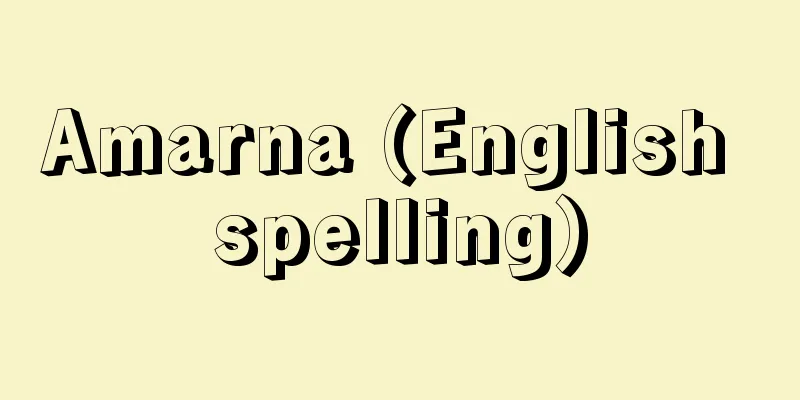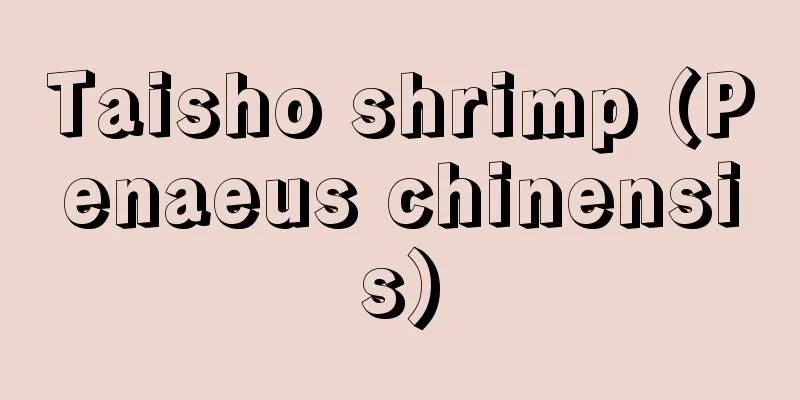Brand - Marlon Brando

|
American film actor. Born in Omaha, Nebraska. Rebellious from an early age, he was expelled from the U.S. Military Academy. He learned the Stanislavski system of acting, which involves immersing oneself in a character, and achieved success on Broadway in A Streetcar Named Desire (1948), directed by E. Kazan. He starred in Kazan's film adaptation (1951), and showed off his strange sexual appeal in Zapata (1952), Julius Caesar (1953), and The Brute (1954), becoming a popular star with his intense acting. He won an Academy Award for Best Actor for On the Waterfront (1954), and began working as a director in One-Eyed Jacks (1961). He eventually adopted an anti-establishment attitude and refused an Academy Award for Best Actor for The Godfather (1972). He did receive an Emmy for Best Supporting Actor for the TV miniseries Roots II (1979). He was one of the highest paid actors in Hollywood, and starred in films such as "Last Tango in Paris" (1972), "Apocalypse Now" (1979), "The Great Passage" (1989), and "DNA" (1996). He once lived on a small island in the Tahiti archipelago to study natural foods. [Koichi Hino] "Marlon Brando: The Rebellious Superstar, by Koichi Hino (1988, Haga Shoten) " "Marlon Brando et al., translated by Makoto Naito and Hiromi Amami, The Songs My Mother Taught Me: The Autobiography of Marlon Brando (1995, Kadokawa Shoten)" [References] | | | |Source: Shogakukan Encyclopedia Nipponica About Encyclopedia Nipponica Information | Legend |
|
アメリカの映画俳優。ネブラスカ州オマハ生まれ。幼いころから反抗的で、陸軍士官学校を退学になる。役になりきるスタニスラフスキー・システム演技を学んでブロードウェーでE・カザン演出の『欲望という名の電車』(1948)で成功、カザンによる映画化(1951)に主演、『革命児サパタ』(1952)、『ジュリアス・シーザー』(1953)、『乱暴者(あばれもの)』(1954)などで異様な性的魅力を放ち、強烈な演技で人気スターになった。『波止場』(1954)でアカデミー主演男優賞を受け、『片目のジャック』(1961)では監督兼業に進出、やがて反体制的な態度をとるようになり、『ゴッドファーザー』(1972)ではアカデミー主演男優賞を拒否した。TVミニシリーズ『ルーツ2』(1979)のエミー助演男優賞は受け取った。ハリウッドでも最高のギャラをとり、『ラストタンゴ・イン・パリ』(1972)、『地獄の黙示録』(1979)、『白く渇いた季節』(1989)、『D.N.A』(1996)などに出演した。タヒチ諸島の小島に住んで自然食の研究をしていたこともある。 [日野康一] 『日野康一著『マーロン・ブランド 執念と反逆のスーパースター』(1988・芳賀書店)』▽『マーロン・ブランド他著、内藤誠・雨海弘美訳『母が教えてくれた歌――マーロン・ブランド自伝』(1995・角川書店)』 [参照項目] | | | |出典 小学館 日本大百科全書(ニッポニカ)日本大百科全書(ニッポニカ)について 情報 | 凡例 |
<<: Plant Engineering Industry - Plant Engineering Industry
Recommend
Haematoxylin
…The dye is extracted by boiling it in water, and...
Notice - tsuutatsu
〘 noun 〙 (formerly "tsuudatsu") 1. To co...
Stress relief - O-ryokukanwa
This is the phenomenon whereby when a certain str...
American Institute of Electrical Engineers
…In 1889, he invented Manganin wire, which has a ...
Wood, A.
...However, Prava only inserted things into the b...
Mēness (English spelling)
…Latvian youths sing and dance through the night ...
Ashukh Pasha - Ashukh Pasha
… [Ottoman Literature] The dialect of the western...
Katsura [village] - Katsura
A village in Higashiibaraki County, central Ibarak...
Mr. Katagiri
A feudal lord in the early modern period. It is sa...
biological chemistry
...Biological chemistry is a field of research th...
Sewell, A.
…Fantasy, which invites children into a land of f...
Browse
The eyebrows are the group of hairs that grow den...
computer
A general term for a computing device that uses el...
Bournville
...Industrialists soon began to plan new towns th...
Double suicide
Initially, it meant "love suicide," but...

![Okoppe [town] - Okoppe](/upload/images/67cb1c82eaa4a.webp)







